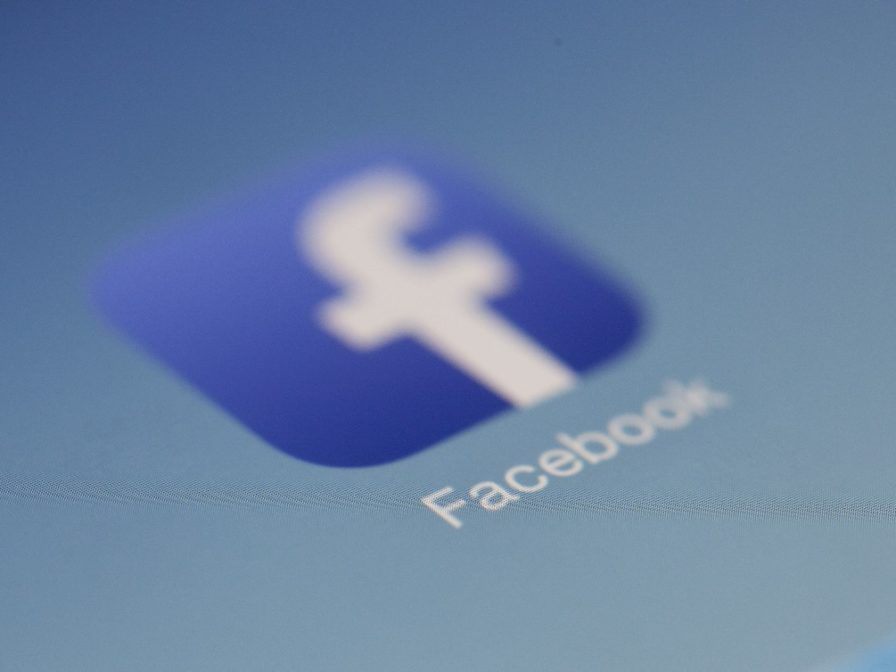Facebook Messenger Grant Scam
Posted on February 15, 2018

You see your Facebook Messenger inbox light up with a message from a former coworker looking to catch up. You’re happy to hear that she’s doing well now that she’s able live her dream of traveling the country thanks to the federal grant money she received. “What grant money?” you ask. She explains that there is a program funded by the federal government where you can receive up to $100,000 without ever having to pay it back. She offers to get you in contact with her agent to see if you qualify!
In all likelihood, your friend’s Facebook account has been hacked.
Scams via email or text message are common and most people know to be careful on those channels. However, if you are on Facebook you need to be on the lookout for scams using Messenger too. Facebook Messenger is a way that many people stay in contact with friends, neighbors, and relatives, and scammers will use the trust that you have in your friend to trick you into sending money to a third party to pay for “taxes” or “fees” to get your payout. Some may even convince you to provide your banking information so that they can wire you the money to pay those fees. In that case, they’re planning on using your name and account to launder illicit funds from other unsuspecting victims. You’d then be sending the “clean” money right to the scammers. Not only will that grant never show up, you could be held criminally liable! Remember, if it is too good to be true, it probably is.
The Better Business Bureau lists these tips for spotting scams on social media:
- The government communicates through the mail, not Facebook. Government agencies normally communicate through the mail, so be very cautious of any unsolicited social media posts, calls, text messages or emails you receive.
- Don’t pay any money for a “free” government grant. If you have to pay money to claim a “free” government grant, it isn’t really free. A real government agency won’t ask you to pay a processing fee for a grant that you have already been awarded.
- Be wary of look-a-like government agencies. Just because the caller says he’s from the “Federal Grants Administration” doesn’t mean that he is… or that such an agency exists. When in doubt, do a quick online search. (Beware, scammers can add fictitious phone numbers on the internet)
- Pick up the phone. If you receive a suspicious call or email, call the local government agency to check its legitimacy. Look for the phone number on previous correspondence or the official government website. Don’t call the number in the email.
Share on:


